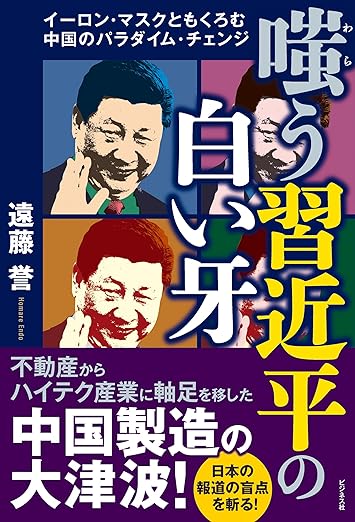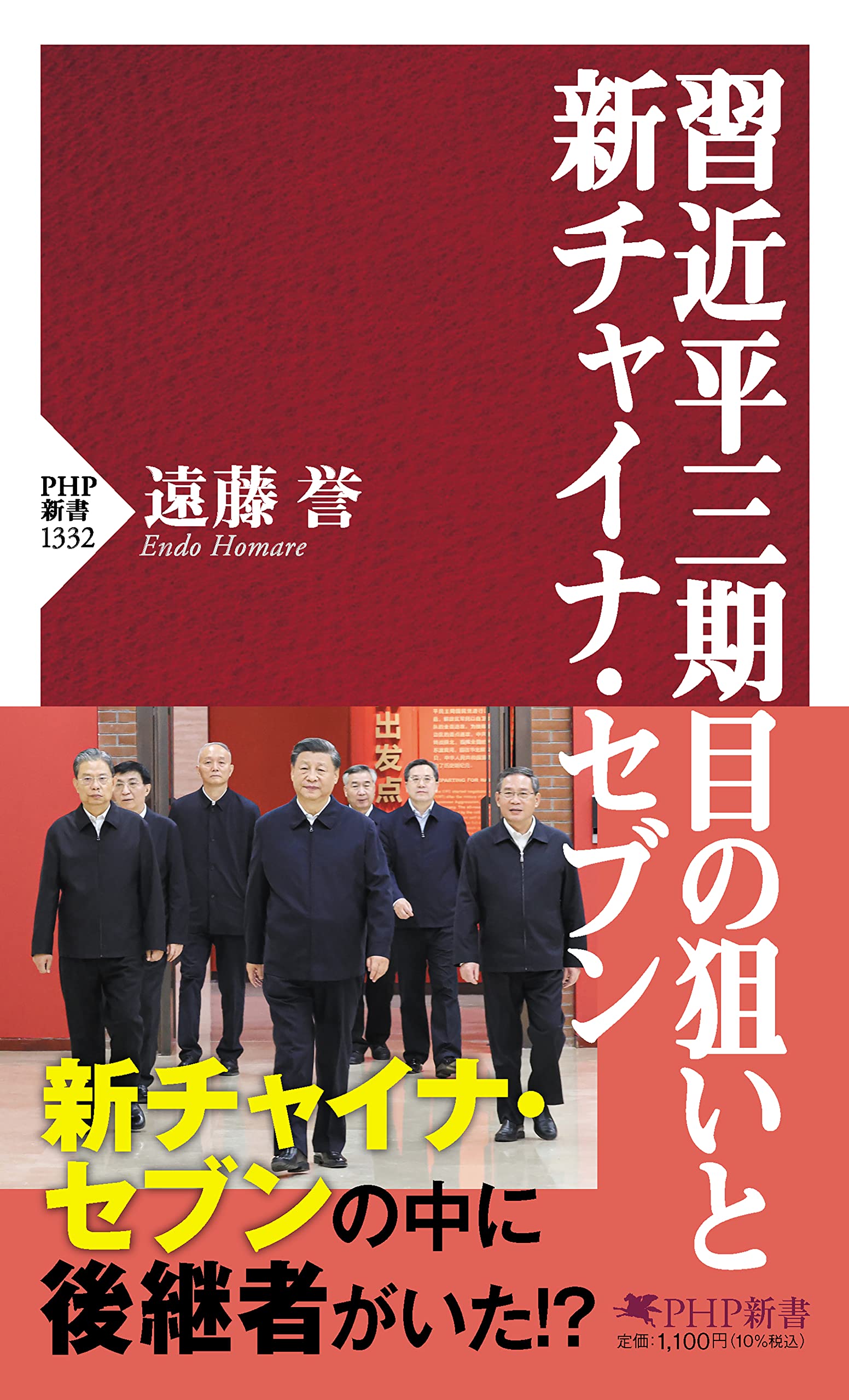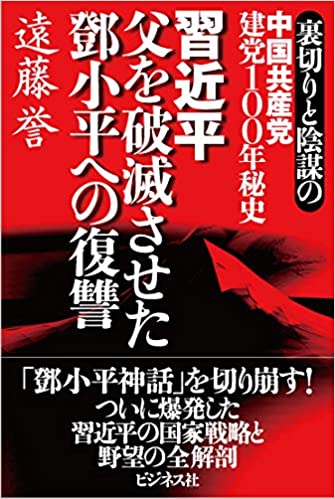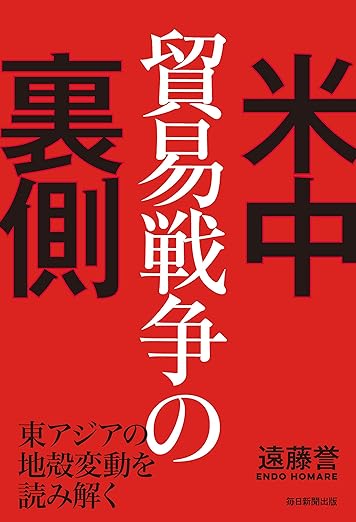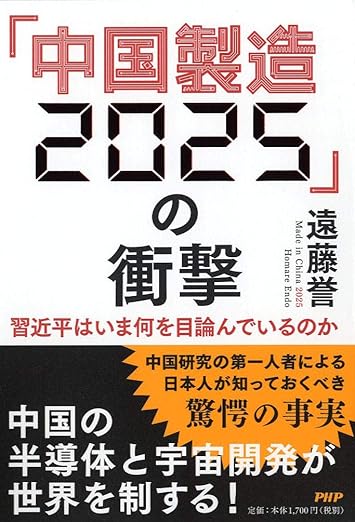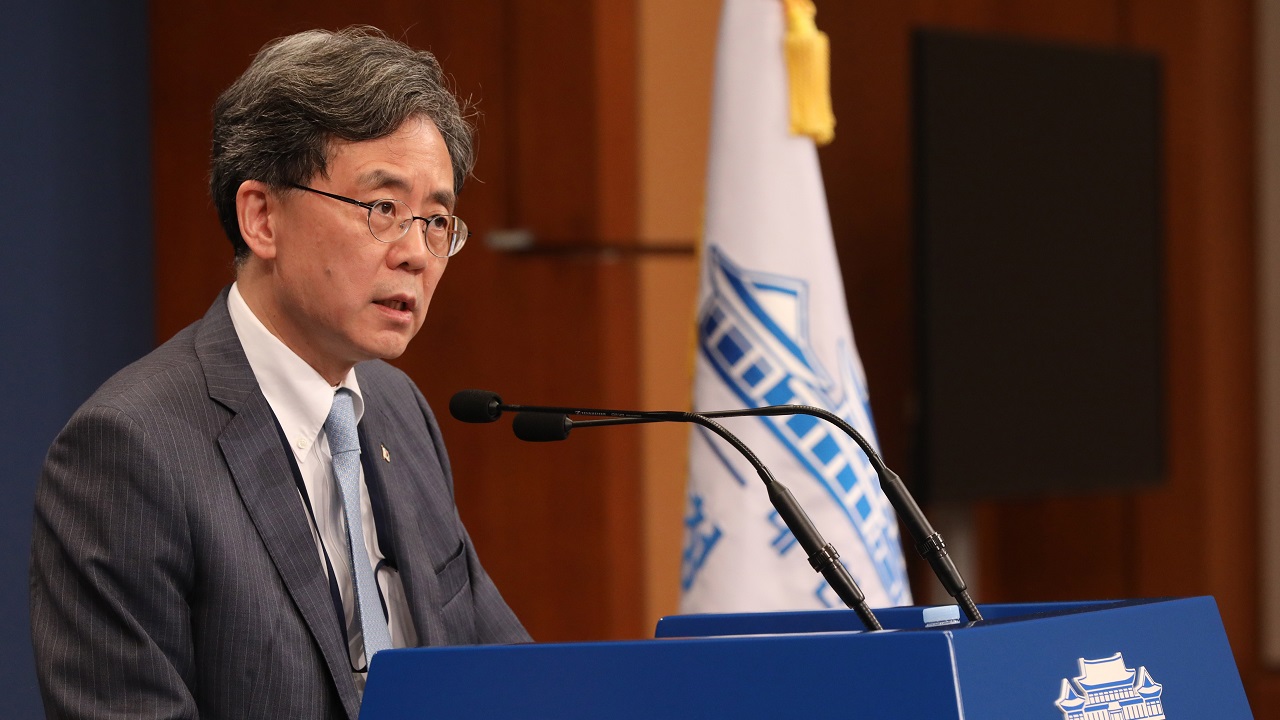
South Korea’s cancellation of the GSOMIA follows the scenario of China, Russia, and North Korea led by Xi Jinping. The China–Russia joint military exercise over Takeshima, the anger of Kim Jong-un at the U.S.–South Korea joint military exercise, and Trump’s withdrawal from the INF. Then, what they were waiting for was the decisive deterioration of the relationship between Japan and South Korea.
*The China–Russia military exercise was a litmus paper to test the looseness of cooperation among Japan, the United States, and South Korea
On July 23, strategic bombers and early warning aircraft from China and Russia flew over Takeshima, which is Japanese territory but within the air defense identification zone claimed by South Korea. South Korean military planes fired warning shots because they allegedly found a violation of South Korean airspace, but Chief Cabinet Secretary Suga said “It was totally unacceptable and extremely unsatisfactory in light of Japan’s position regarding the sovereignty of Takeshima Island, and Japan lodged a strong protest against South Korea and called for such incident to not recur.”
China and Russia oppose it, saying “It is only part of a China–Russia joint military exercise aimed at strengthening the comprehensive strategic partnership between China and Russia.” In particular, since China incorporated “Xi Jinping Thought on Socialism with Chinese Characteristics for a New Era” into the party constitution at the 19th Party Congress in 2017, China has added “new era” to everything. China stated that this military exercise will continue for “a comprehensive strategic partnership between China and Russia in a new era.”
On July 24, the following day, China released a white paper titled “China’s National Defense in the New Era,” which similarly emphasized the strategic partnership between China and Russia.
The reason why China and Russia went all the way to the sky over Takeshima can be said obviously to test, like litmus paper, how much the cooperative relationship among Japan, the United States, and South Korea has weakened due to the deterioration of Japan–South Korea relations.
When Chinese President Xi Jinping visited Russia in June and met with Russian President Putin, Japan–South Korea relations had already been very strained over the South Korean Supreme Court ruling on the issue of conscripted workers. On July 1, Japan told South Korea that it would impose stricter examinations on exports of semiconductor materials, further worsening its relations with South Korea.
China, which has been at odds with the United States due to the trade friction, and Russia, which was officially notified by the United States in February of its withdrawal from the Intermediate-Range Nuclear Forces Treaty (INF), now regard the United States as a common powerful military enemy.
For a new balance of power in East Asia, China and Russia were seeking to somehow pull South Korea out of the military cooperation regime among Japan, the United States, and South Korea.
For this reason, the Chinese and Russian armies aimed at Takeshima, which is Japanese territory unreasonably claimed by South Korea.
As expected, Chief Cabinet Secretary Suga stated his “protest against South Korea.”
As a result, the first phase of the China–Russia strategy was successful.
*Kim Jong-un enraged by U.S.–South Korea joint military exercise
The administration of South Korean President Moon Jae-in, almost surrounded by enemies, embarked on a joint military exercise with the United States at this last moment (August 5), still trying not to be forsaken by the United States. Though this was simulation without military force, North Korean leader Kim Jong-un was enraged. He showed his violent anger by venturing to say “I will never sit at the same table with you again” to Moon Jae-in, not to Trump.
It must be Moon Jae-in who was upset.
That is because he must think that the only thing he can take pride in is the fact that he met Kim Jong-un and mediated with Trump to reconcile the two Koreas. In addition, Moon Jae-in, who had boasted that “South Korea will soon overtake Japan in economic development in unison with North Korea” in rivalry with Japan, lost his face in that sense.
The GSOMIA (General Security of Military Information Agreement) between Japan and South Korea is mainly aimed at detecting military movements of North Korea (or China) early and sharing information between the two countries. North Korea protested against the GSOMIA early on and urged South Korea to cancel it.
Similarly, China has been pressing South Korea to cancel it.
Asked by both North Korea and China “Whose side are you on?”, Moon ended up being surrounded by enemies.
*Clinched by the foreign ministers’ meeting among Japan, China, and South Korea–Post-INF intermediate-range ballistic missiles
The decisive blow was the foreign ministers’ meeting among Japan, China, and South Korea in Beijing on August 20.
The United States withdrew from the INF, which is a treaty with Russia, and is planning to deploy its intermediate-range ballistic missiles in South Korea and other East Asian countries for reinforcement. At the meeting between Chinese and South Korean foreign ministers, China reportedly conveyed its strong opposition to the plan to South Korea. South Korea once again denied the possibility of deployment to South Korea, narrowing the gap between China and South Korea. Then GSOMIA was then canceled.
The INF, which was concluded in 1987 between the then Soviet Union and the United States, does not include China. Taking advantage of this situation, China has been busy developing intermediate-range ballistic missiles such as the Dong-Feng-21 (DF-21) (range: 2,150 to 3,000 kilometers) and Dong-Feng-26 (DF-26) (range: 4,000 kilometers).
China Central Television (CCTV) has proudly reported again and again on how much China’s military power is growing. Therefore, the United States is attempting to suppress China and form a new power balance in Northeast Asia by breaking away from the INF, producing more sophisticated intermediate-range ballistic missiles, and deploying them to South Korea and other countries.
A former Chinese government official told me that if South Korea were to deploy post-INF intermediate-range ballistic missiles as instructed by the United States, China’s anger toward South Korea would not be calmed down by economic retaliation as it did when THAAD (Terminal High Altitude Area Defense missile) was deployed in South Korea, but would lead to the rupture of the diplomatic relations between China and South Korea.
China usually makes higher-level and more important strategy less visible. So, many people in Japan might not think that the situation is developing this far, but this is the reality.
On U.S. Secretary of Defense Esper’s visit to five East Asian countries from August 2, including Australia, Japan, and South Korea, the Global Times, under the auspices of the Chinese Communist Party’s People’s Daily, reported triumphantly “Australia declined to deploy post-INF intermediate-range ballistic missiles, and South Korea also declined it.” This report implies part of China’s mindset. At this point, a South Korean defense spokesperson said “South Korea has not been asked by the United States regarding the post-INF or discussed it. Of course, we are not going to accept it.” However, China did not trust it, and finally made sure with South Korean Foreign Minister Kang Kyung-wha at the meeting between the two countries’ foreign ministers on August 20. Some South Korean media have reported this, but I came to know it as insider information.
This is how a fierce battle has developed for the new power balance in East Asia.
* China, Russia and North Korea reacting to Korea’s declaration of canceling the GSOMIA
Let’s take a look at what happened immediately after Korea announced it would cancel the GSOMIA on August 22.
China: On August 23, China decided to impose 5 to 10% additional tariffs on U.S. products worth about 75 billion dollars (about 8 trillion yen) in retaliation for the United States’ fourth round of retaliatory tariffs on China.
Russia: On August 24, Russia announced that it had successfully tested the launch of two submarine-launched ballistic missiles (SLBM), Shineva and Bulava, from the Barents Sea near the Arctic Circle.
North Korea: On August 24, it launched two short-range ballistic missiles.
In this way, China, Russia, and North Korea started challenging the United States like pre-arranged actions, as if there is no longer anything to worry about, immediately after South Korea canceled GSOMIA.
In particular, with regard to North Korea’s last missile launch mentioned above, Japan’s attention is focused on which of Japan and South Korea got its information first, and there is little interest in how the current situation surrounding Japan is changing or what horrible situations are developing.
That is much more dangerous.
In my column titled “Trump’s Sudden Visit to North Korea Driven by China, Russia, and North Korea” dated July 3, I warned that China, Russia, and North Korea had been cooperating from an early stage. It did not seem, however, that many Japanese people took it seriously.
For the sake of Japan’s national interests, I cannot help but hope that more Japanese will consider Japan from a more global perspective.
Addendum: On August 28, I found a column very similar to mine on Chosun Ilbo. “South Korea’s cancellation of GSOMIA is the scenario China and North Korea was hoping for”. The title of the column is very much similar to mine. It is an interview with Stephen Walt, a professor at Harvard Kennedy School. I was very surprised that Professor Walt is saying almost the exact same thing as me.
(This paper was written on 20 August)
カテゴリー
最近の投稿
- イラン爆撃により中国はダメージを受けるのか?
- Internationalizing the Renminbi
- 習近平の思惑_その3 「高市発言」を見せしめとして日本叩きを徹底し、台湾問題への介入を阻止する
- 習近平の思惑_その2 台湾への武器販売を躊躇するトランプ、相互関税違法判決で譲歩加速か
- 習近平の思惑_その1 「対高市エール投稿」により対中ディールで失点し、習近平に譲歩するトランプ
- 記憶に残る1月
- 高市圧勝、中国の反応とトランプの絶賛に潜む危機
- 戦わずに中国をいなす:米国の戦略転換と台湾の安全保障を巡るジレンマ
- トランプ「習近平との春節電話会談で蜜月演出」し、高市政権誕生にはエール 日本を対中ディールの材料に?
- A January to Remember




